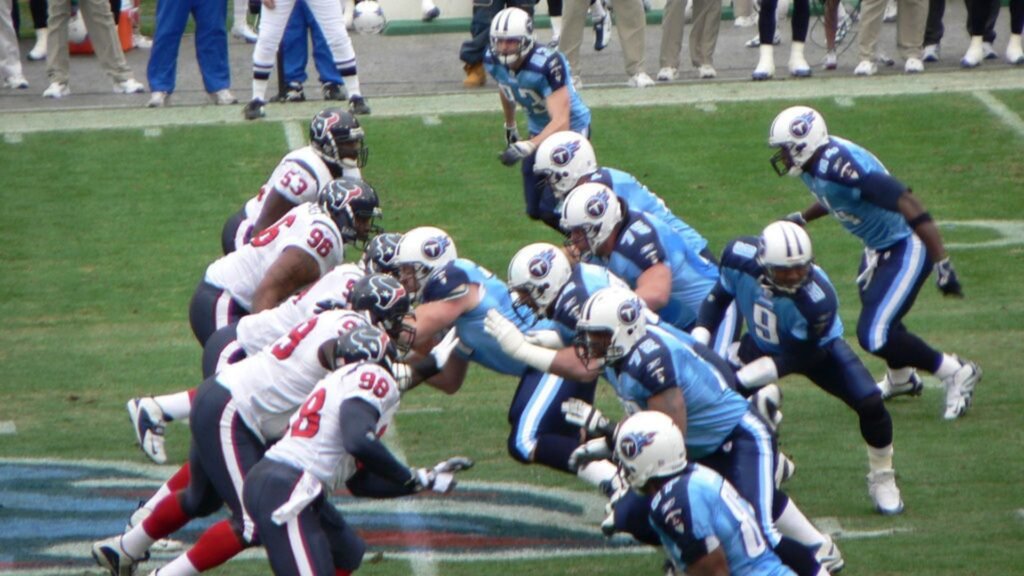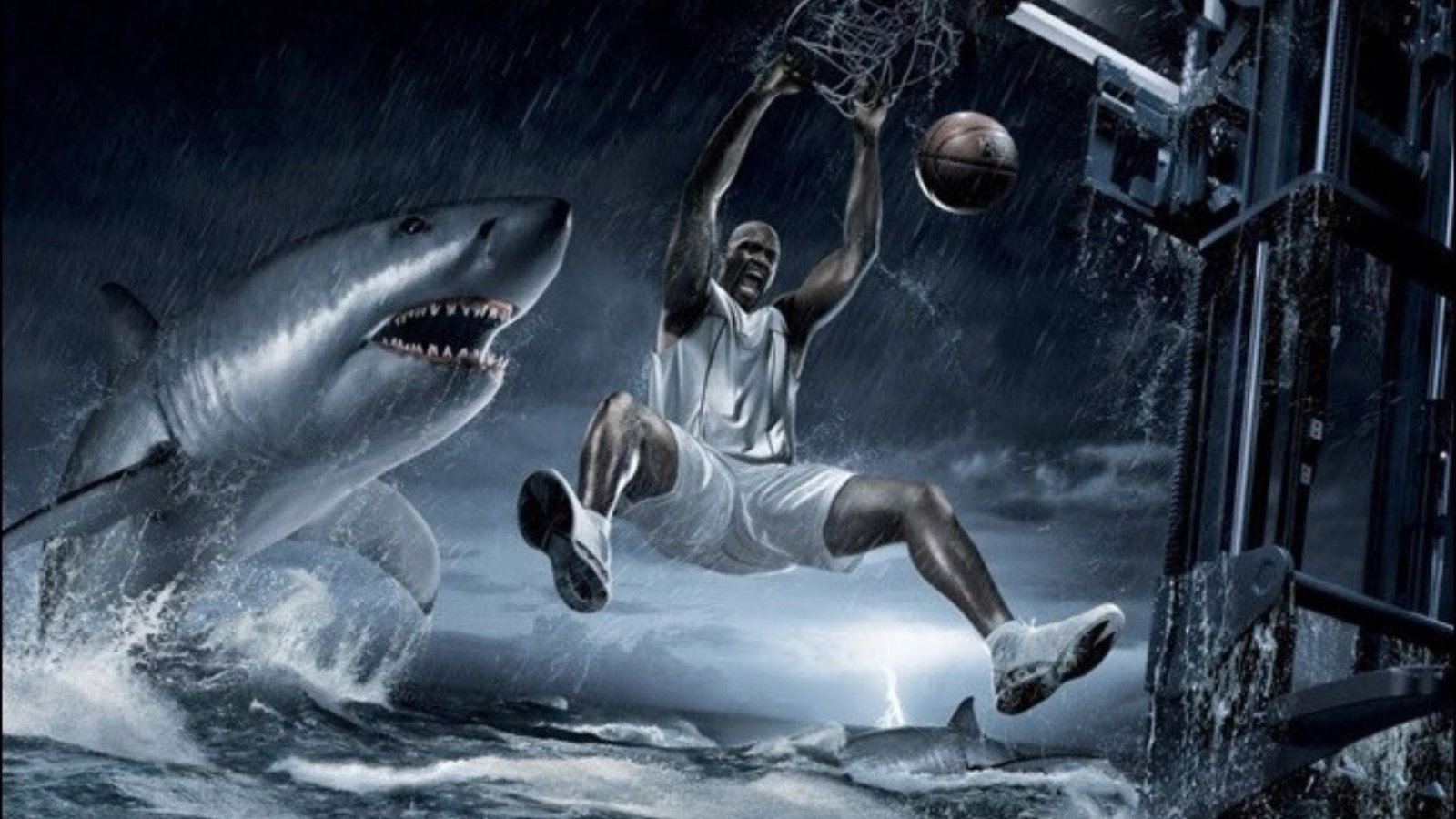The Role of Masculinity in Sports
The role of masculinity in sports is significant and multifaceted. Traditional ideas about masculinity often influence how athletes are expected to behave, perform, and interact. These expectations can shape the culture of sports, impact athletes’ experiences, and affect how sports are perceived by society. In this blog post, we’ll explore the role of masculinity in sports, its effects on athletes, and how evolving views on masculinity are changing the sports world.

Traditional Masculine Norms in Sports
The role of masculinity in sports has traditionally been associated with certain norms and expectations. These norms can affect various aspects of sports culture and athlete behavior:
1. Emphasis on Strength and Aggression
- Physical Toughness: Traditional masculinity in sports often emphasizes physical strength and toughness. Athletes are expected to display resilience and endure physical pain without showing weakness. This can lead to an environment where vulnerability is discouraged.
- Aggressive Behavior: Aggression is often celebrated in male sports, with athletes encouraged to be competitive and assertive. While competitiveness can be positive, excessive aggression can lead to violence and unsportsmanlike conduct.
2. Suppressing Emotions
- Emotional Resilience: Traditional views of masculinity suggest that men should suppress their emotions and not show feelings like fear or sadness. In sports, this can lead to athletes hiding their struggles and mental health issues, potentially leading to long-term emotional problems.
- Avoiding Help: The belief that seeking help is a sign of weakness can discourage athletes from accessing support for mental health challenges. This can affect their overall well-being and performance.
3. Gender Stereotypes and Roles
- Gender Expectations: Traditional masculinity often reinforces gender stereotypes, where certain sports are deemed “appropriate” for men while others are considered “feminine.” This can limit opportunities and discourage participation in sports that do not align with these stereotypes.
- Role Models: The portrayal of male athletes as heroes or leaders often aligns with traditional masculine ideals. This can perpetuate stereotypes and create unrealistic expectations for young athletes.
Impact of Masculinity on Athletes
The role of masculinity in sports can have both positive and negative impacts on athletes. Understanding these effects is crucial for fostering a healthier sports culture:
1. Performance and Well-Being
- Pressure to Conform: The pressure to conform to masculine ideals can affect athletes’ performance. Athletes may push themselves to meet these expectations, leading to physical and emotional stress. This can impact their overall health and athletic performance.
- Mental Health Challenges: The suppression of emotions and reluctance to seek help can lead to mental health issues among athletes. Conditions such as depression and anxiety may go unaddressed, affecting both their sports performance and personal life.
2. Sports Culture and Inclusivity
- Toxic Environment: Traditional masculine norms can contribute to a toxic sports culture, where aggression and dominance are prioritized over respect and teamwork. This environment can be harmful to athletes and discourage inclusivity.
- Limiting Participation: Gender stereotypes can limit participation and opportunities for both male and female athletes. For example, women may be discouraged from participating in certain sports, while men may avoid sports perceived as less “masculine.”
Evolving Views on Masculinity in Sports
Changing perceptions of masculinity are gradually transforming the role of masculinity in sports. This shift aims to create a more inclusive and supportive sports environment:
1. Promoting Emotional Expression
- Encouraging Openness: There is a growing movement to encourage athletes to express their emotions and seek help when needed. Organizations and role models are advocating for mental health awareness and creating safe spaces for athletes to discuss their struggles.
- Redefining Strength: Redefining strength to include emotional resilience and vulnerability can help change traditional views of masculinity in sports. This broader definition allows athletes to embrace a fuller range of human experiences.
2. Challenging Gender Stereotypes
- Inclusive Sports Culture: Efforts are being made to challenge gender stereotypes and promote inclusivity in sports. This includes supporting women in traditionally male-dominated sports and encouraging men to participate in activities that break traditional gender norms.
- Role Model Diversity: Highlighting diverse role models who embody a range of masculine traits can help reshape perceptions. Celebrating athletes who demonstrate empathy, teamwork, and respect alongside physical prowess can provide new examples of masculinity.
3. Creating Supportive Environments
- Education and Training: Providing education and training on gender norms and mental health can help create a more supportive sports culture. Coaches, athletes, and organizations can benefit from learning about the impact of masculinity and strategies for fostering inclusivity.
- Policy Changes: Implementing policies that promote mental health, respect, and inclusivity in sports can help address the negative effects of toxic masculinity. These policies can create environments where athletes feel supported and valued.
Conclusion
In conclusion, the role of masculinity in sports is influential and complex. Traditional masculine norms can impact athletes’ performance, mental health, and the overall sports culture. However, evolving views on masculinity are gradually transforming the sports world, promoting emotional expression, challenging gender stereotypes, and creating supportive environments.
By embracing these changes and fostering a more inclusive and respectful sports culture, we can improve the experiences of athletes and promote healthier, more equitable participation in sports. Through ongoing efforts and positive role models, the role of masculinity in sports can evolve to support the well-being and success of all athletes.



